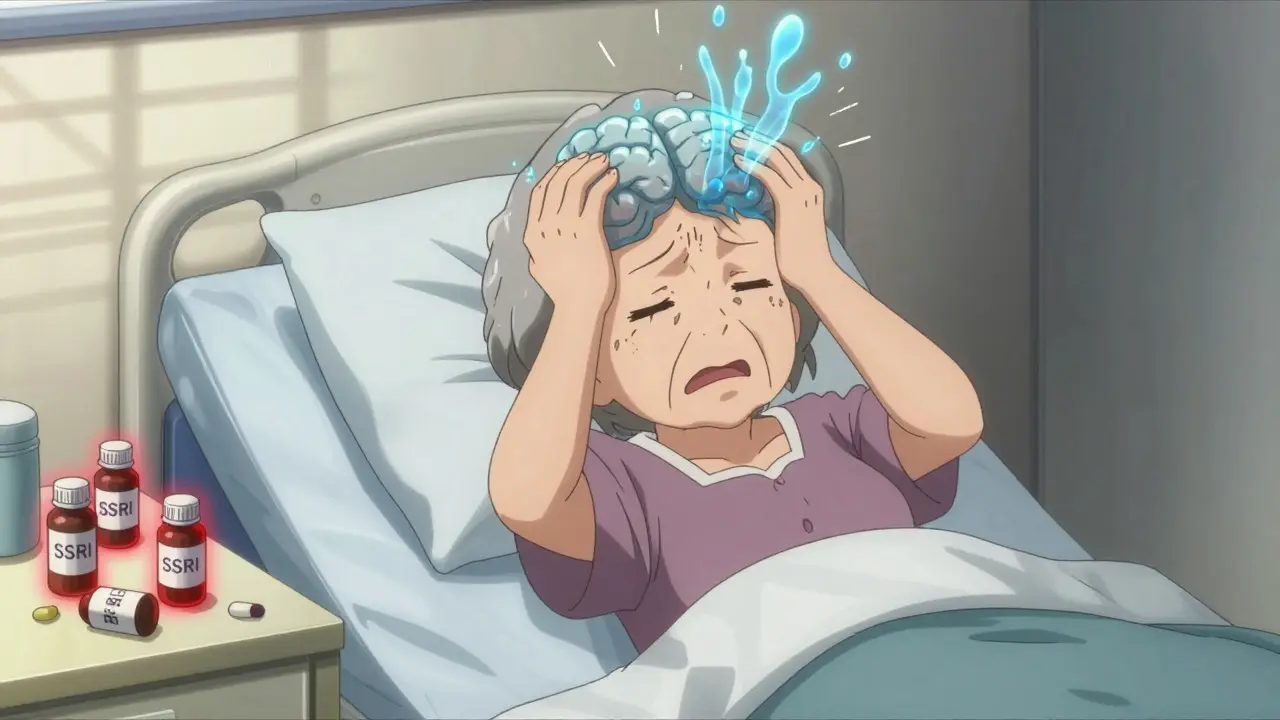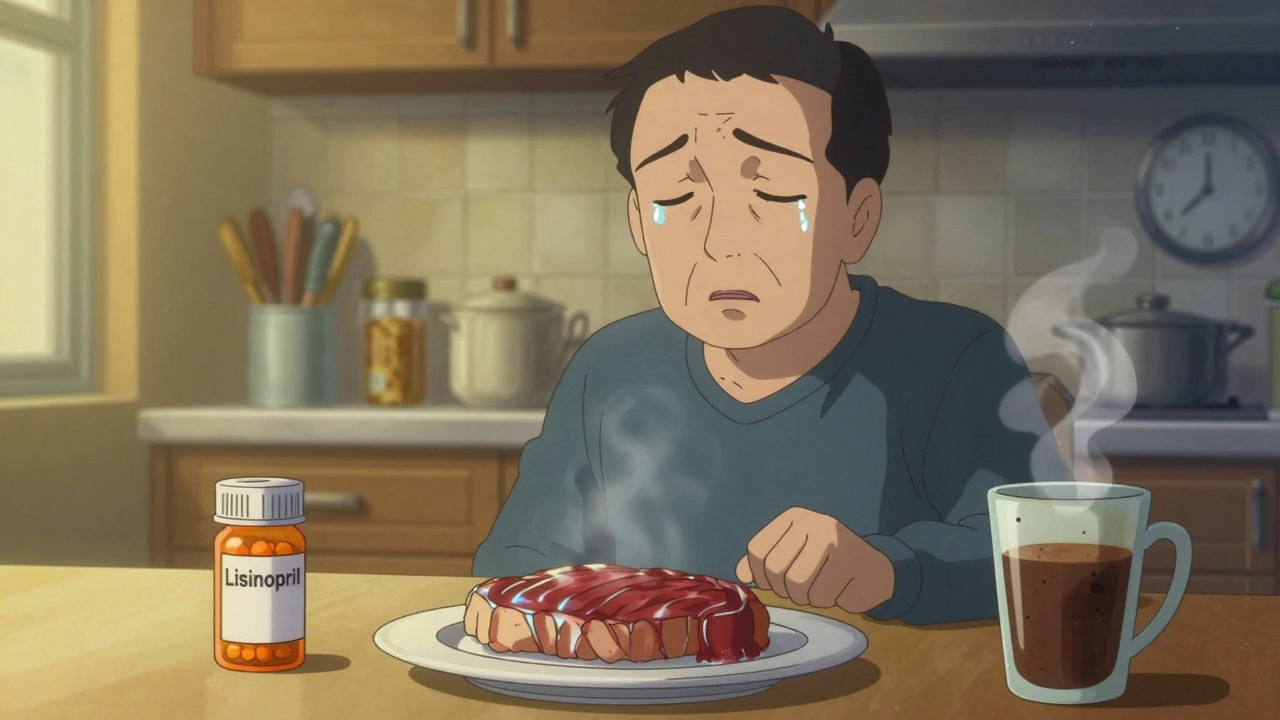Medication Side Effects: What You Need to Know Before Taking Any Drug
When you take a medication side effect, an unintended reaction to a drug that isn’t the main purpose of taking it. Also known as adverse drug reaction, it’s not rare—it’s normal. Almost every prescription, over-the-counter pill, or supplement you take comes with a list of possible side effects because your body doesn’t react the same way every time. Some are mild, like a dry mouth or a little dizziness. Others can be serious enough to send you to the ER. The key isn’t to avoid meds entirely—it’s to know what to watch for, when to act, and how to talk to your doctor about it.
Take GLP-1s, a class of drugs used for weight loss and type 2 diabetes, including semaglutide and liraglutide. They help you lose weight and improve metabolism, but they can also cause nausea, vomiting, or even pancreatitis in rare cases. Or consider montelukast, a daily asthma pill that blocks inflammatory chemicals in the lungs. It works for many, but some users report mood changes, trouble sleeping, or even depression. These aren’t guesses—they’re documented in clinical trials and patient reports. And if you’re on metformin, the first-line diabetes drug that lowers blood sugar, you might get stomach upset, but that often fades after a few weeks. The problem isn’t the drug. It’s assuming side effects won’t happen to you.
What most people don’t realize is that side effects aren’t random. They often cluster. If you’re on multiple meds, the risk grows. A statin like pitavastatin, a cholesterol-lowering drug that can increase diabetes risk, might not bother you alone—but add it to a blood pressure pill and a sleep aid, and suddenly you’re tired all the time, your legs cramp, and your glucose spikes. That’s not just bad luck. That’s interaction. And if you’re not keeping a medication list, you won’t connect the dots until it’s too late.
Some side effects are hidden. You might think your headaches are from stress, but they could be from the new antibiotic you started. Your brain fog? Could be the antihistamine you take for allergies. Even something as simple as tretinoin, a topical retinoid used for acne and aging skin, can make your skin so sensitive you can’t go outside without burning. These aren’t rare cases—they’re common enough that every post on this page mentions them in some form. Whether it’s Natrise, a drug for low sodium levels that can cause extreme thirst and urination, or cyclosporine, an immune suppressant that can damage kidneys, the pattern is clear: every drug has a cost.
You don’t need to fear medication. But you do need to be aware. The posts below don’t just list side effects—they show you how to spot them early, how to tell if they’re normal or dangerous, and how to talk to your doctor without sounding paranoid. You’ll find real comparisons between drugs, what patients actually experience, and what to do when something doesn’t feel right. This isn’t theory. It’s what people are living through every day. And you deserve to know what’s really going on inside your body before you swallow the next pill.

Severe Hyponatremia from Medications: Signs, Risks, and What to Do
Severe hyponatremia from medications can cause confusion, seizures, and even death if ignored. Learn which drugs raise the risk, how to spot early signs, and what to do before it's too late.
More Detail
Aseptic Meningitis Triggered by Medications: Symptoms and Diagnosis
Drug-induced aseptic meningitis is a rare but serious reaction to medications like NSAIDs, antibiotics, and IVIG. Symptoms mimic infection, but it's not contagious. Diagnosis relies on timing, CSF tests, and stopping the drug. Recovery is quick once the trigger is removed.
More Detail
Taste Changes and Metallic Taste from Medications: Proven Coping Strategies
Metallic taste from medications is a common but often ignored side effect. Learn why it happens, which drugs cause it, and proven ways to cope - from zinc supplements to dietary tweaks - without stopping your treatment.
More Detail
Rasagiline and Dental Health: What Parkinson's Patients Need to Know
Rasagiline helps manage Parkinson’s symptoms but can cause dry mouth, increasing the risk of cavities and gum disease. Learn practical steps to protect your teeth while staying on this medication.
More Detail